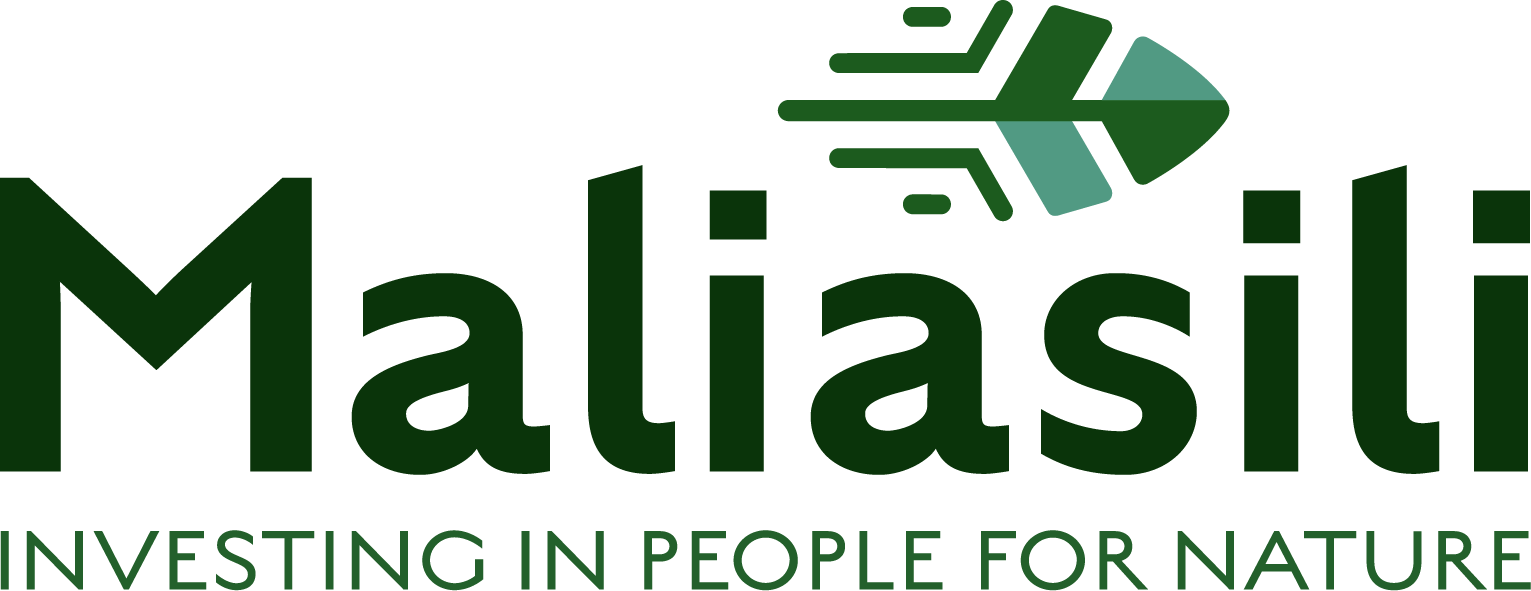Insights on the strategic planning process - from our partners and team.
From our partners and our team: Insights and advice on the strategic planning process
If you know Maliasili, you know we love strategic plans. But it’s more than just the plan itself that we love, it’s the entire process.
We asked some of our partners and our team members to reflect on their strategic planning processes and experiences and to share some insights on what it was like and its value.
Reflection ensures the choices you make are informed, realistic, and relevant
“For an organization it is a time to reflect on what has been done so far - whether it’s still relevant and important, to know how far you are from achieving your goals, and to know whether you still have the right skill sets. It’s a process that calls an institution to be realistic, but again to look back on the needs of the communities we serve and also the landscape we help to protect. We do it because there is a lot to learn from previous strategic planning implementation but we also do it because everyone has something constructive to contribute to this process. It keeps us focused on our mission and vision, and to get the right support from our collaborators and supporters.”
-Paine Makko, Executive Director, Ujamaa Community Resource Team
It’s holistic and provides clear direction
“Our strategic plan is an important consolidation of our plans and actions that provides us with a clear direction over five years. It is a thoughtful document that takes into account our different key stakeholders’ opinions and insights.”
-Maanda Ngoitiko, Executive Director of the Pastoral Women’s Council
It allows you to grow to a whole new level - thoughtfully and carefully
“From our organizational perspective, we run on passionate, inspired people who have a shared vision for our work, but that in itself isn’t enough over the long-term. Most organizations start from a small group of people who do everything needed to make the work happen, but as you grow the needs for more structure and guidance does as well. We’ve grown dramatically in our scope, breadth and team, and we need this planning to successfully transition to the next level.”
-Dr. Matthew S. Becker, CEO/Programme Manager, Zambian Carnivore Programme
It gives you a tool to communicate your work to key stakeholders
“From KWCA’s experience, there are 4 key things:
It’s a process that allows critical reflection of the past impact of the organization and an assessment of what worked well; what did not work well; what new things came up that we adapted to; and what can we do better, differently, and put our energies towards moving forward.
The strategic planning process also helped us identify focus for the institution. It helped us maintain focus and relevance and prioritize based on available resources- financial and human resources.
It served as a fundraising tool for us; we are not pushed so much by donors in different directions as we know what we want and we pursue it based on our strategy.
It’s easier to tell our story of who we are and what we stand for and what we are seeking to achieve and move towards greater impact.”
-Gladys Warigia, Policy Coordinator, Kenya Wildlife Conservancies Association
Own the process
“It needs to be inclusive and participatory, otherwise it will not succeed.”
“I love seeing organizations own the process of developing their strategy - they make the hard decisions that will guide their work going forward.”
Play to your strengths
"Above all, get clear about what your organization can be 'best in class in'. What are your greatest strengths as an organization, and where can you contribute the most to the world, your constituencies, and your field?"
Have confidence in your knowledge and team
“Our partners have the answers and solutions to complex and difficult conservation challenges, but they’re often not well articulated or understood until an entire team goes through a strategic planning process together. It’s then that they see all they have to offer and what they can do together to bring about real impact and change.”
Keep things clear, simple, and FOCUSED
“The best strategic plans are not heavy, detailed tomes - they are short, razor-sharp and focused!”
Let purpose guide everything you do
“Understanding an organization's core purpose - the "why" they exist and the critical problem they are trying to solve - really helps guide thinking throughout the rest of the strategic planning process.”
“The strategic planning process not only helps organizations focus on where they can have the most impact, but it also allows them to understand why and how their work addresses complex challenges.”
Read the full newsletter here: Maliasili Reader Issue 20
For more content like this - sign up to the ‘Maliasili Reader,’ a bi-weekly round-up of our favorite links, tips, and ideas to help conservation organizations thrive.



